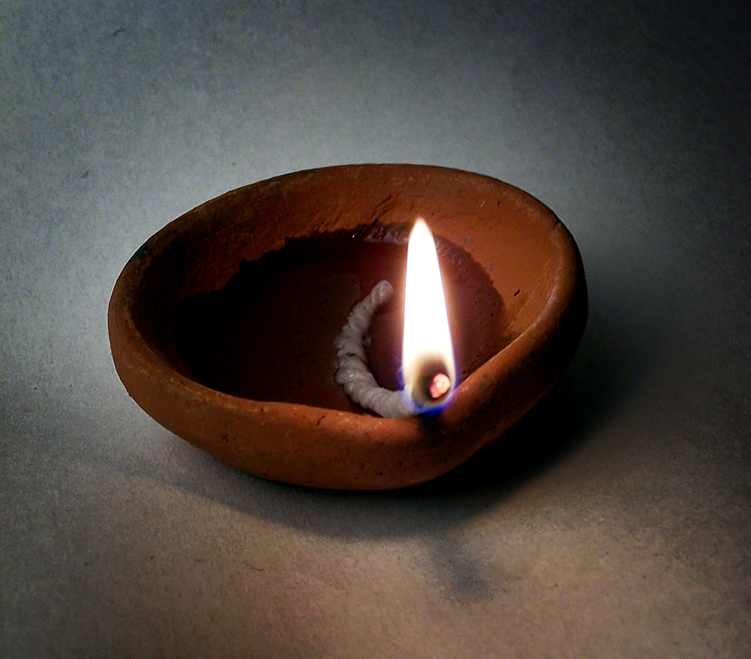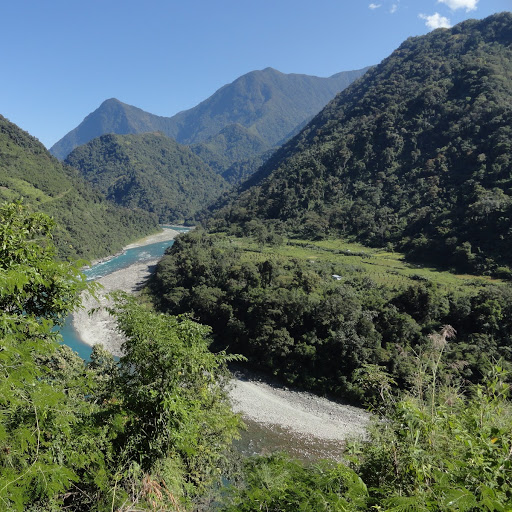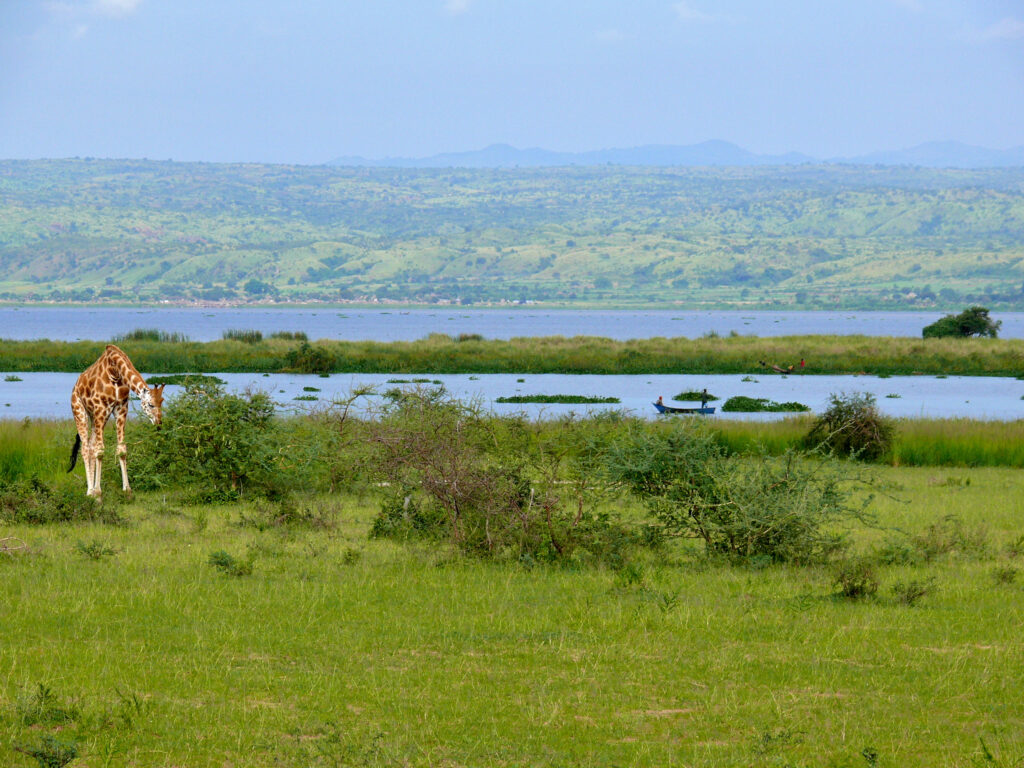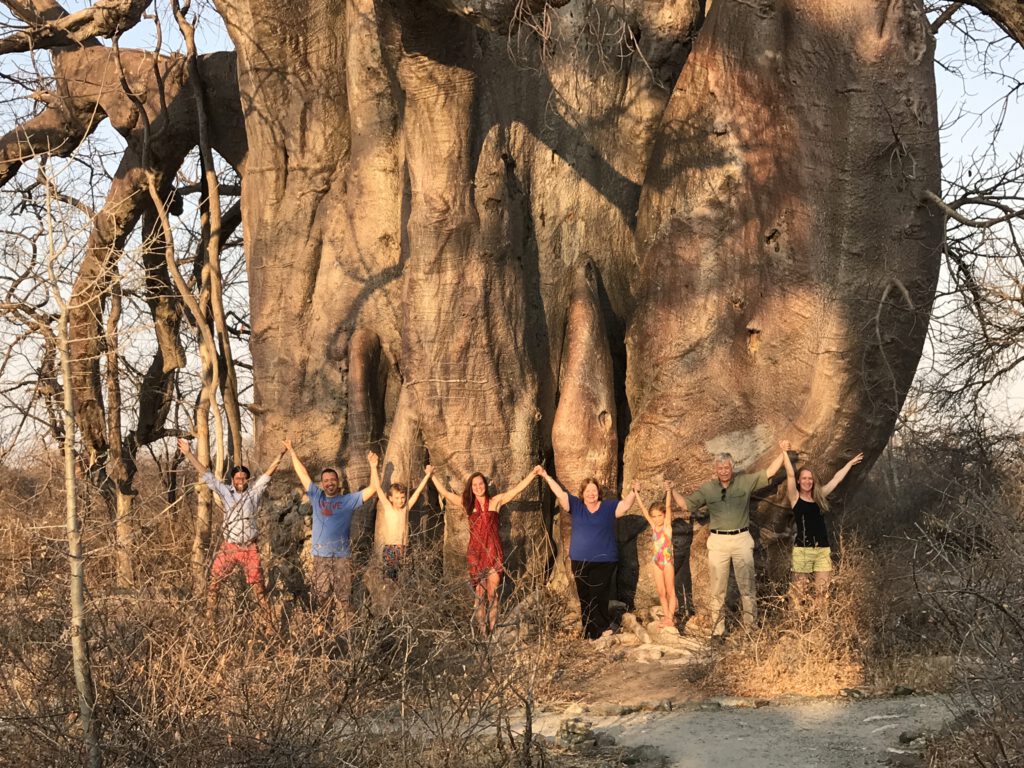In the winter of 1984, a Union Carbide pesticide plant in Bhopal, India malfunctioned in the morning darkness. Poor maintenance and disabled safety systems took a savage toll as a cloud of toxic gas blanketed a sleeping city. More than 2,000 nearby slum-dwellers never woke up in their shacks. And a further 510,000 who survived, many of them young children and women, suffered life-long debilitating injuries. The aftermath of foot-dragging in the courts and corporate indifference added disgrace to the calamity. An appalling miscarriage of humanity at every level.
A year later, a cross-country train journey took our family through the city one chilly night. As we neared the otherwise darkened outskirts of town we could see everywhere the flickering oil lamps (called ‘dia’ in Hindi) marking Divali, the Indian festival of lights. As the train clattered into and through this arresting vision, one could imagine the still grieving families carefully filling the clay lamps with mustard oil, lighting the cotton wicks and setting them around humble dwellings.

It was to me a rare order of celebration knowing what lay in the city’s recent past: the soft flames set out in the night defying lament and darkness. A priceless sign. Albert Camus once struck upon just such a truth, recognizing it as “the endless summer” that lies unsullied at the bottom of the human heart.
A Jewish poet pictured it long ago:
Though the fig tree do not blossom,
and no fruit be on the vines;
though the produce of the olive fail
and the fields yield no food;
though the flock be cut off from the fold,
and there be no herd in the stalls,
yet I will rejoice in the Lord.
Let the ‘dias’ be set out in defiant profusion whatever the darkness. They will yet banish the shadows.



Just like The Waltons, every episode has a moral.